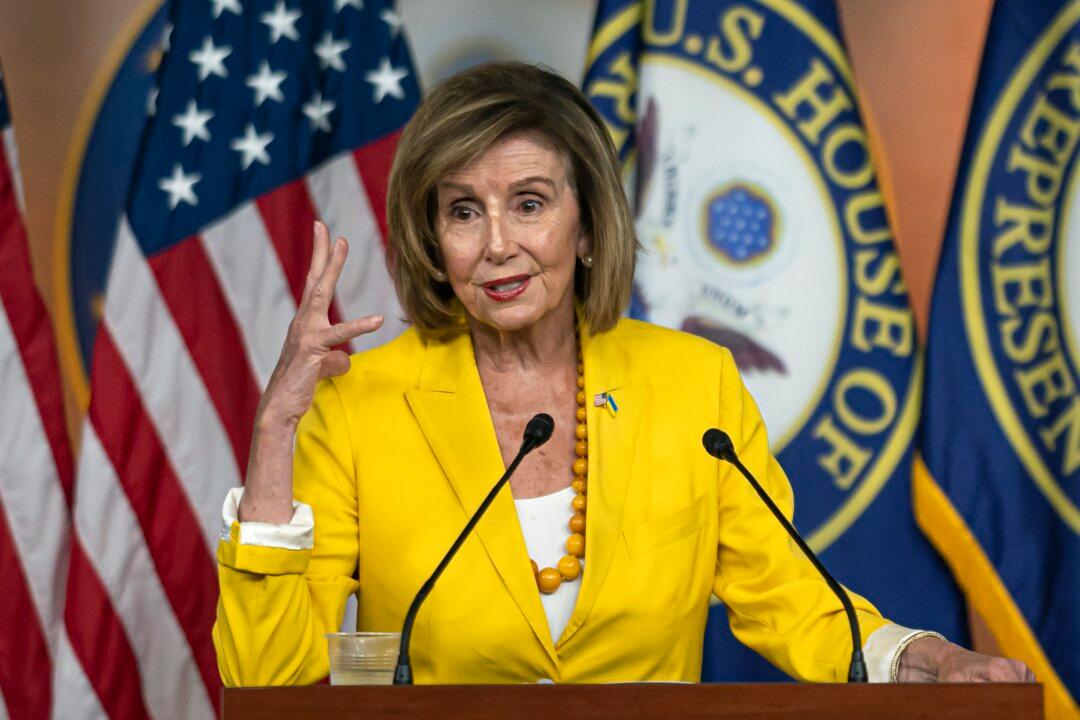Commentary
Paul Keating, the former prime minister of Australia, has criticised the proposed congressional visit to Taiwan of the Speaker of the U.S. House of Representatives, Nancy Pelosi. In a statement, released on July 25, he said that the congressional delegation, headed by Pelosi, might “degenerate into military hostilities” and that it is hard to imagine “a more reckless and provocative act.”





